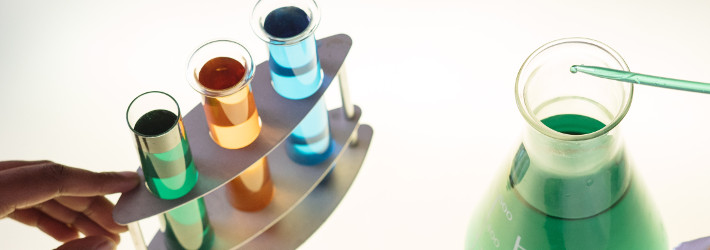On September 18, 2023, the FDA issued a new draft guidance “Labeling for Biosimilar and Interchangeable Biosimilar Products,” updating the previous labeling guidance “Labeling for Biosimilar Products” from July 2018. According to the FDA, the significant changes from the prior guidance are on the following topics:
- Labeling for interchangeable biosimilar products;
- Product identification when the reference product labeling describes a clinical study conducted with a non-U.S.-approved biological product;
- Pediatric use statements; and
- Incorporating relevant immunogenicity data and information from the reference product labeling in the biosimilar or interchangeable biosimilar product labeling
The new draft guidance also addresses comments received from the draft guidance “Biosimilarity and Interchangeability: Additional Draft Q&As on Biosimilar Development and the BPCI Act” from November 2020. Particularly, in the most recent guidance, the FDA changed its recommendation of inclusion of an interchangeability statement in the labeling for interchangeable products rather than a biosimilarity statement. It now recommends both biosimilars and interchangeables include a biosimilarity statement, regardless of whether the product is a biosimilar or interchangeable, because “a labeling statement noting that certain products within a 351(k) BLA have been approved as interchangeable, and explaining the interchangeability standard is not likely to be useful to prescribers, who can prescribe both biosimilar and interchangeable biosimilar products in place of the reference product with equal confidence that they are as safe and effective as their reference products.” The FDA states that “information about interchangeability is more appropriately located in the FDA’s Purple Book rather than labeling.”
The new recommended biosimilarity statement for both biosimilar and interchangeable prescribing information is:
“Biosimilar means that the biological product is approved based on data demonstrating that it is highly similar to an FDA-approved biological product, known as a reference product, and that there are no clinically meaningful differences between the biosimilar product and the reference product. Biosimilarity of [BIOSIMILAR OR INTERCHANGEABLE BIOSIMILAR PRODUCT’S PROPRIETARY NAME] has been demonstrated for the condition(s) of use (e.g., indication(s), dosing regimen(s)), strength(s), dosage form(s), and route(s) of administration described in its Full Prescribing Information.”
The FDA requests comments on this biosimilarity statement as well as “how useful such biosimilarity statements have been for healthcare practitioners and the public, whether such statements can be improved to provide more clarity on what biosimilarity means, and whether biosimilar and interchangeable biosimilar product labeling should include such a statement at all.”
Additional recommendations include guidance on incorporating immunogenicity data and pediatric use data in the label.
Comments on the draft guidance are open through November 17, 2023.
To date, the FDA has approved 42 biosimilars and four interchangeables. For more information on these approvals and related patent disputes, visit BiologicsHQ.
The draft guidance can be found here.
The September 2023 update of “Biosimilarity and Interchangeability: Additional Draft Q&As on Biosimilar Development and the BPCI Act” can be found here.
_______________________
The author wishes to thank April Breyer Menon for her contribution to this article.


